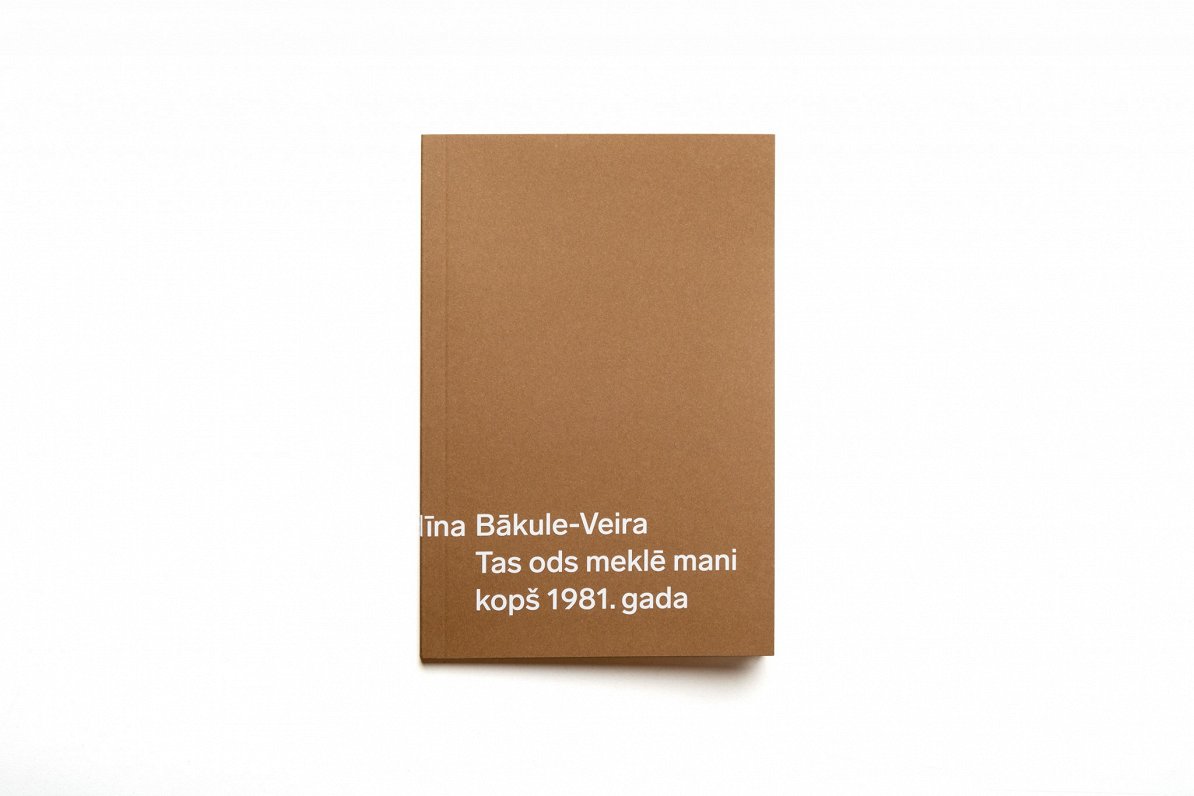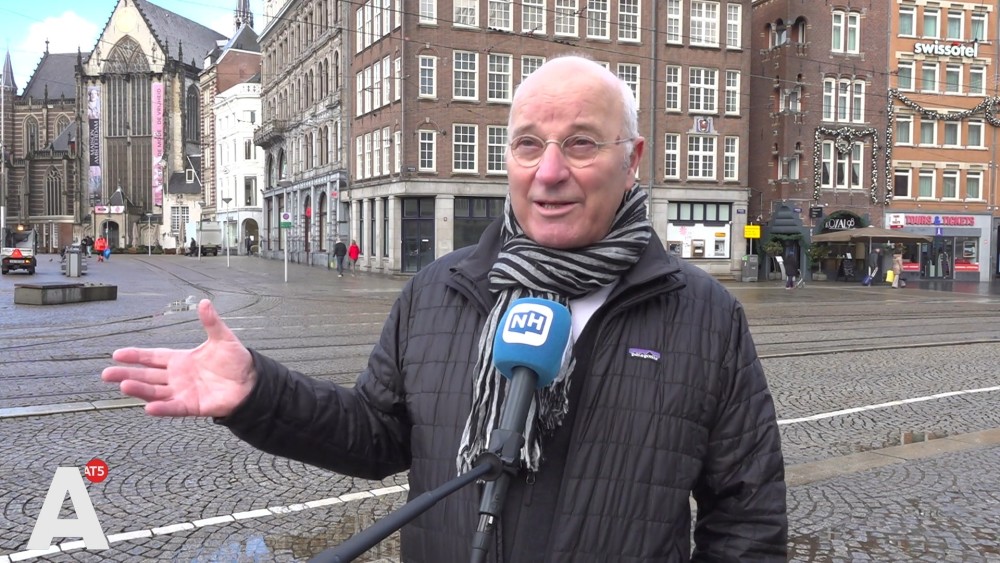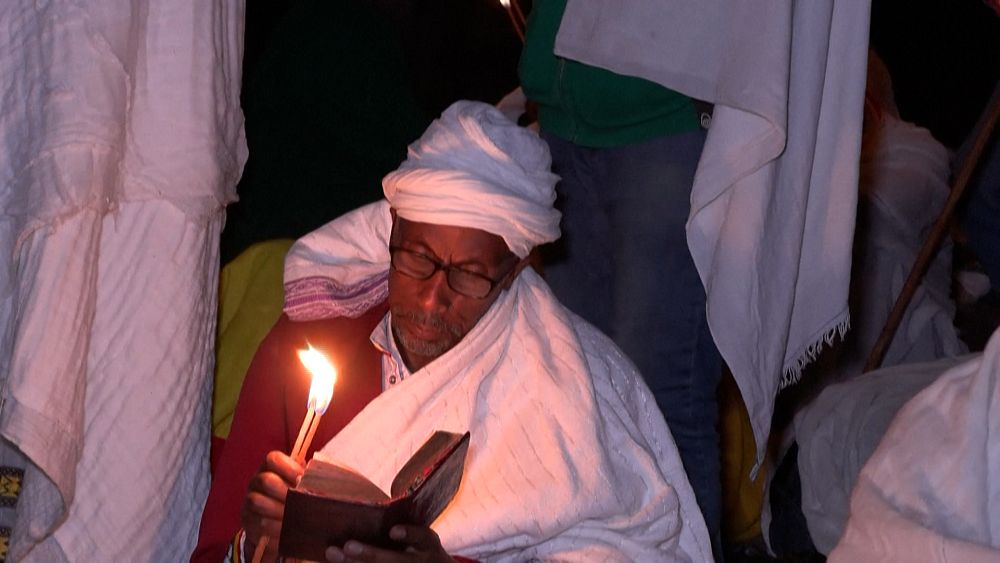Elīna Bākule-Veira (1981) brightly presented herself in poetry with her first collection “Elephant Ocean” (“Pētergailis”, 2015), which received the Latvian Literature of the Year Award in the category “Brightest Debut”, as well as was nominated for the Ojārs Vācietis and Latvian Text of the Year Award poetry. “If the first collection of Elīna’s poetry was dominated by a free, associative flow of images, various searches for form, experiments even with certain features of hooliganism, in this collection the author has chosen to use more concise means of expression. it is clear that the tone of this poetry is formed by a distinctly individual, independent sense of language, not emotional isolation, “the publishers pointed out.
Henrik Elias Sergner, editor of the collection of poetry, said of the authors: “Elīna uses unique codes to outline a unique, amazing perception of life. – a confusing, lively, surprising and exciting, avant-garde book. “
Elīna Bākule-Veira is a poet, multimedia and film artist, as well as a musician. He has been working in literature since 2002, having published in various periodicals in Latvia (“Flag”, “Culture Forum”, “Culture Day”, “Satori”, etc.) and abroad (“Jaunā Gaita”, etc.).
The series “Orbita’s Library” publishes works by contemporary poets and prose writers. Works published so far: A selection of poems by Arvja Vigula “Book”, a selection of essays by Kirill Kobrin “History. Work in Progress”, a collection of short stories by “Andrew Kupris” “Berlin” “, Semyon Hanin’s poetry book” Not So “, Elvira Blom’s poetry collection” Deleted Images “, Laura Veip’s collection” Interesting Days “, Andrejs Sen-Senkovs poetry collection” Paper Breasts “, Viļa Kasima’s” Lysergin Blues “, Leonid Dobichin’s novel “Andris Kalnozols ‘novel” Calendar is called me “, Richard Brotigan’ s novel” Trout Cope in America “, Robert Valzer ‘s” Robber “, Arkadia Dragomoshchenko’ s” Elegy “.
The editor of the book series is Aleksandrs Zapols. The author of the series design is Tom Mrazauskas.
The collection of poetry has been published with the support of the target program “KultūrElpa” of the State Cultural Capital Fund.
Photo: Publicity image
––
Photo: Publicity image
––
Photo: Publicity image
–—
–
Highlight text and press Ctrl+Enterto send the snippet to the editor!
Highlight text and press Report an error buttons to send the text to be edited!
–
–


